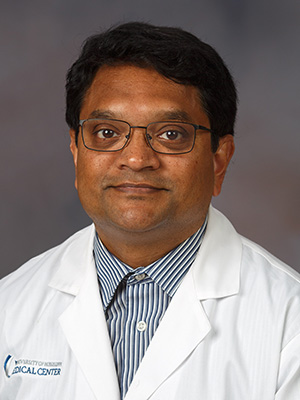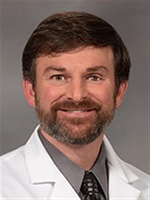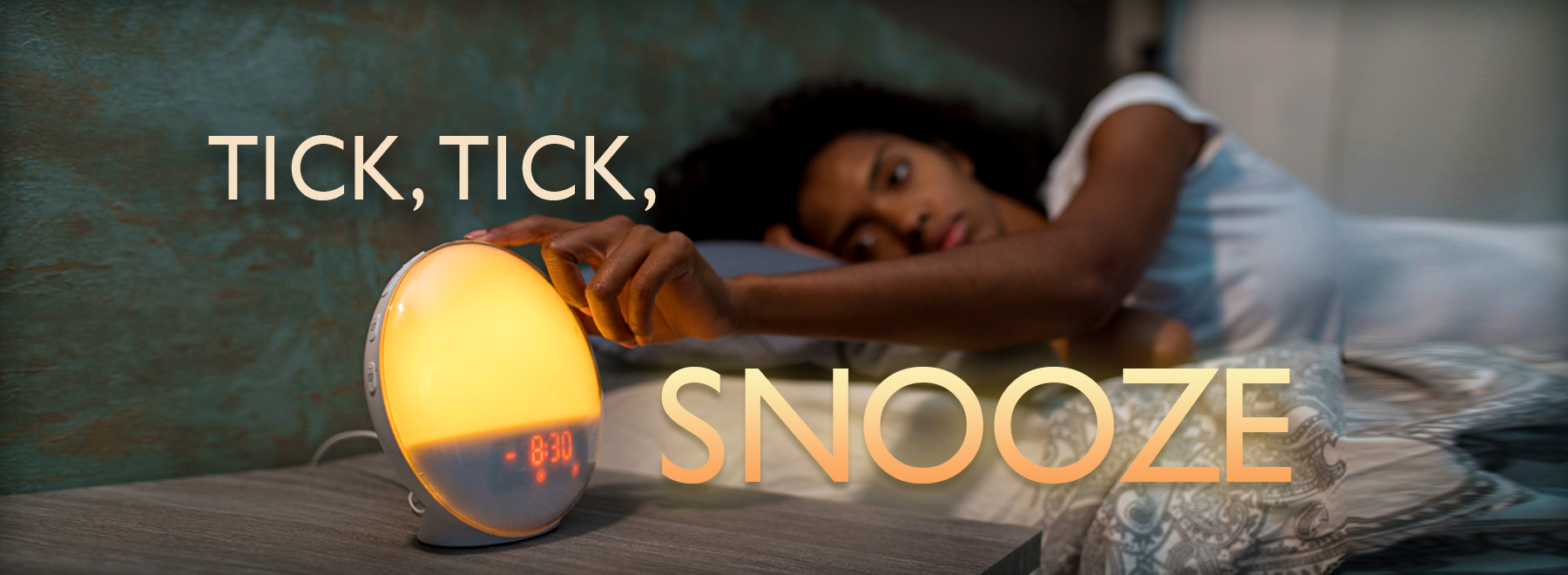Sleep deprivation from time changes may hurt health
The bi-annual decree of tinkering with nature’s clock is not just a nuisance.
Turns out, there are myriad related health risks from both losing an hour of daylight when the clocks magically fast-forward each spring, and gaining an hour when the hands do the reverse each fall.
The Daylight Saving Time tug-of-war creates a sleep-deprived monster in some of us, manifesting in both mental and physical forms.
One direct effect is that some of us oversleep when the clock jumps ahead (no surprise there), miss regularly scheduled doctors’ appointments and end up in the ER for medical crises that may have been averted had our sleep patterns not been disturbed in the first place.

“An increase in traffic accidents, including fatal crashes, and increased suicides have also been reported,” said Dr. Mohammad Ullah, a board-certified associate professor in both internal Medicine and sleep medicine at UMMC.
The circadian rhythm -- the thief-in-the-night culprit that feeds the monster – is the sleep cycle’s process that controls the human brain like a master clock, said Ullah. The onset of daylight in the morning and darkening of the environment in the evening tells the brain when to wake up and when to go to sleep.
At the beginning of DST in the spring, the clock is artificially set forward by one hour. The reset results in our waking up in the morning before the sun does, which, put simply, is unnatural and can result in persistent sleepiness and impaired driving, among other things, said Ullah. To make matters worse, by evening, without the benefit of darkness outside, we may have difficulty drifting off if our brains betray us by refusing to release the melatonin that causes the onset of sleep.

Studies also suggest an increase in cardiovascular events in adults – heart attacks and strokes – after DST, said Dr. Oscar Rodriguez Pineda, current director of the Sleep Medicine Fellowship and assistant professor for the Division of Pediatric Pulmonary and Sleep Medicine at UMMC.
In children, the manifestation looks different.
“We know that reduced sleep can contribute to poor mental health and mood, decreased learning, increased behavioral problems, and risk taking,” said Rodriguez. “Someone who is at risk for depression may have that risk increased due to the lack of sleep.”
Like adults, children tend to have more ER visits after DST. Also, statistics show a correlation between young drivers and an increase in car accidents after the time change, said Rodriguez.
“We don’t know if it’s because of lack of sleep, risk taking or just the fact that there are more hours of the day to be outside,” Rodriguez explained. “So directly or indirectly, DST does have a negative impact on our health system that should be further studied. DST also contributes to darker mornings. Because of this, it takes more time to become fully alert, which impacts learning and school performance. Teenagers naturally shift their internal clock to later hours and become ‘night owls.’ This means they are already sleeping less, and DST makes it worse.’”

The older population is probably most vulnerable to health risks associated with sleep disruptions, said Dr. Danny R. Burgess, director of the Center for Integrative Health and a psychologist in the Student Counseling and Wellness Center. That’s because good quality sleep begins to decrease as we age, in both duration and restorative sleep.
“When our sleep is off, we tend to not make the best decisions about eating health and exercising,” Burgess explained. Over time, that can cause a host of chronic health conditions, including hypertension and diabetes.
Though the loss of 60 minutes may not seem like much, it is, said Ullah, because our internal clocks are programmed to fall asleep and wake up at a certain time based on our individual sleep habits, which cannot shift quickly in one day. That’s what causes jetlag when we fly through a few time-zones, he explained.
Added Rodriguez: “Our sleep has different stages and goes through cycles. For example, it is easy to wake up from Stage 1 sleep, so we likely do not get much rest during that stage. We rest the most during Stage 3 sleep, also known as our ‘deep sleep.’ REM sleep is important for memory and learning. Losing one hour of sleep can interrupt our cycles and reduce the time we are in ‘deep sleep’ or in REM.”
Fortunately, humans are resilient, and in most, the brain recalibrates fairly quickly after a time change. One way to be proactive and speed up the process – to two days or so – is to go outside or look through an open window so that the body gets the time change cue from the lightness and darkness from the environment, Ullah suggested. Those who stay indoors tend to take longer to make the adjustment.
“To avoid the sudden changes in the sleep habit, people may delay their bedtime and the wake-up time for about an hour from the Friday before the Sunday when the DST is scheduled to start,” Ullah said. “Similarly, people may advance their bedtime and the wake-up time for about an hour from the Friday before the Sunday when the DST is scheduled to end. This will greatly help prevent acute change in sleep pattern on Monday and its consequences.”
It can take children four to 10 days to recover, Rodriguez said. He has this advice for parents: Start putting children to bed 15 to 20 minutes earlier than normal the week prior to DST. This will aid in their not feeling the time change afterwards. They should also keep a regular schedule after the transition, and not prolong the bedtime routine just because the days are longer.
“Always practice good sleep hygiene, avoiding the following: staying up late, sleeping in after 9 a.m. on weekends, avoiding long naps, vigorous play or exercise within an hour from bedtime, caffeine in the evenings, or electronic devices right before bedtime,” advised Rodriguez.
Rodriguez adds that darkening the room and avoiding hot temperatures help promote sleep, while turning all lights on in the morning and avoiding sleeping in increase alertness.
Physical activity can also be a natural healer. Exercise is a great sleep regulator, said Burgess. Also, avoid doing “awake” activities in bed, like watching television and reading.
“We can handle one or two nights of changes in sleep,” said Burgess. “It’s when it’s consistent that it’s a problem. If a week or two have gone by, go speak with somebody: a psychologist, someone in sleep medicine, or a primary physician.”
The above article appears in CONSULT, UMMC’s monthly e-newsletter sharing news about cutting-edge clinical and health science education advances and innovative biomedical research at the Medical Center and giving you tips and suggestions on how you and the people you love can live a healthier life. Click here and enter your email address to receive CONSULT free of charge. You may cancel at any time.



